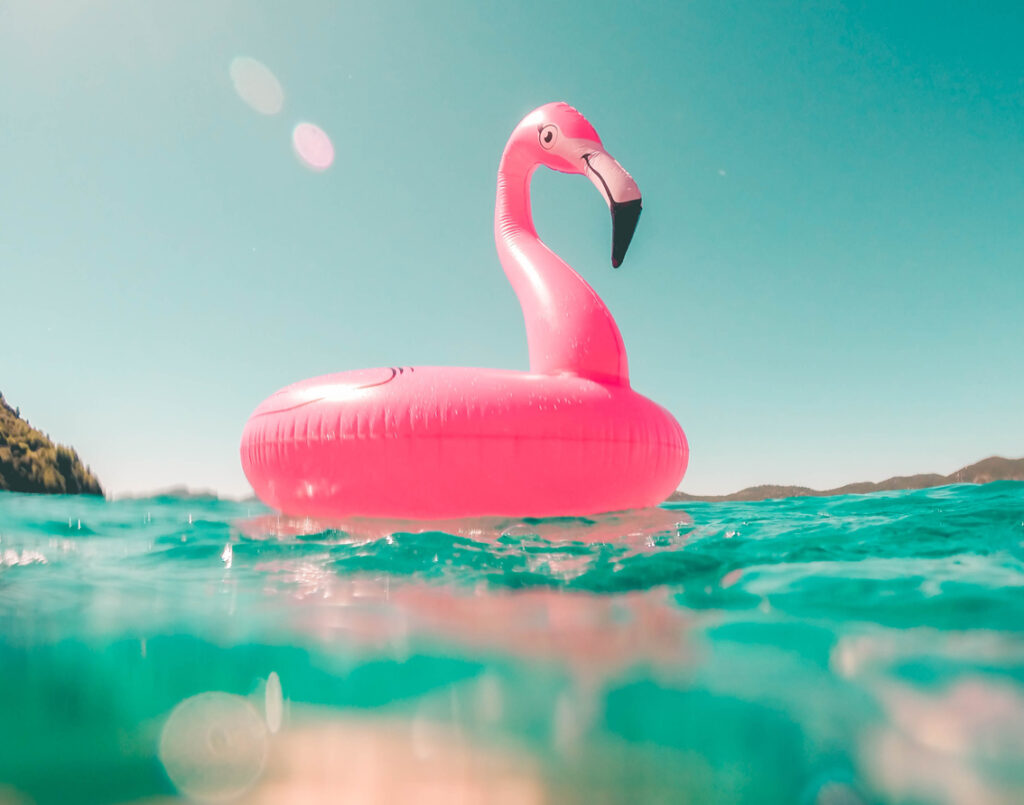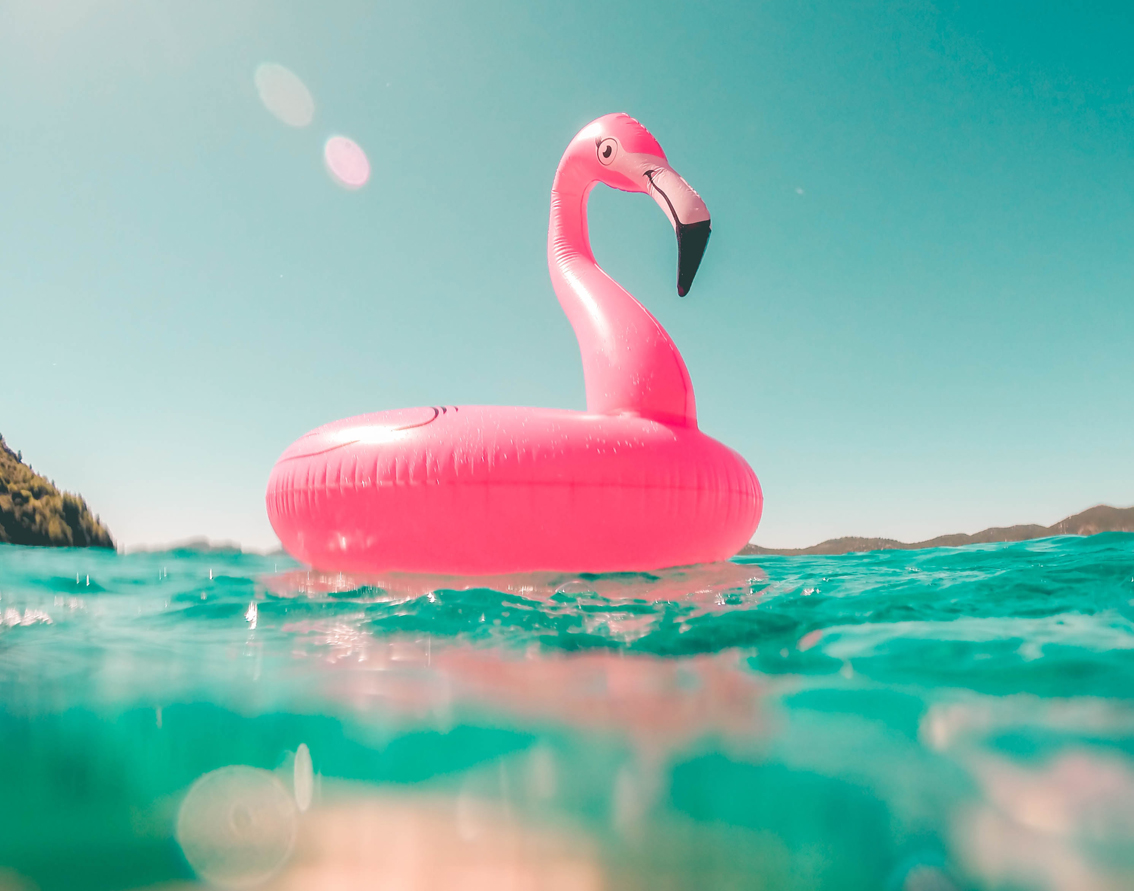
We all look forward to a holiday. Whether travelling to spend time with family and friends or going on an exotic trip abroad, getting plenty of rest and a good night’s sleep during and after your journey can be a challenge. So if you have trouble during these times we have some tips that will help make your vacation a time to remember bringing you back rested and rejuvenated!
Plan for Jet Lag
When most people think of travel issues, especially a long haul flight, jet lag is usually the number one culprit. But with the right planning, there is no reason why you should suffer from jet lag at all, just follow these tips:
- Keep hydrated – Drinking plenty of water before and after a flight can counteract the dry air of the aircraft cabin and even help with jet lag symptoms after landing. Avoid alcohol and hot sugary drinks on the aircraft and during your first evening as dehydration can seriously affect your ability to fall asleep at bedtime.
- Move your sleep schedule – Start to slowly and adjust your sleep cycle ahead of travelling depending on which time zone you are going to. It usually takes about 24 hours per time zone for your body to acclimatise, but you can do some of that work ahead of time by going to bed earlier on the days leading up to your journey.
- Embrace local time – The sooner you can get your internal body clock to the local time and adjust your eating schedule, the better, as encouraging your body to find its new rhythm will help shorten the time you are jet lagged or prevent it all together.
Bring a sleep kit
To make sure that your sleep during the night is as comfortable as possible, it’s worth considering packing your own personalised ‘sleep kit’.
- Blue light-blocking glasses for before bed viewing on either your mobile or television, although neither are recommended 30 minutes before sleep.
- Lavender-scented products or essential oils to help you relax.
- A set of earplugs to cut out sleep-disrupting noises such as snoring, music and chatter.
- An eye mask to prevent you waking if the sunset or sunrise is dramatically different.
Travelling comfortably
Being comfortable during sleep is important, particularly on your first night away from home. So making sure you are comfortable both during your journey and on your holiday.
- Make sure you travel in comfortable, loose fitting clothing and consider layering with a t-shirt and then a sweatshirt and jumper so that you can add or discard a garment depending on the temperature.
- Use your reclining seat whenever possible – whether on a bus, in a car or on a flight, leaning back will help both the quality and quantity of sleep you are able to get as this will help you relax.
- Bring a travel pillow – having something behind your head when you sleep will help keep your neck aligned and prevent you from falling forward.
Food and drink
What you eat and drink directly affects the quality of sleep you have during the night.
- Avoid drinking caffeine – avoiding coffee whilst you travel or when you first reach your destination may be obvious to many but there are many other types of drinks which contain caffeine including coca cola, hot chocolate, energy drinks and tea all of which can disrupt your sleep cycle and prevent you from sleeping normally.
- Don’t overeat – eating large amounts of food in one sitting can lead to bloating and constipation, which can make you too uncomfortable to fall asleep peacefully. So small meals before and during your journey plus plenty of caffeine-free fluids, especially water, will help you stay hydrated and comfortable.
- Eat balanced meals – a well-rounded diet is important for good sleep because the nutrients you receive from foods such as fruits and vegetables can impact your sleep patterns. Make sure the day before you travel, and on the journey, that you have as much fruit, vegetable and whole grains as possible. For the journey pack snacks such as nuts, dried fruit, carrot, cucumber and pepper sticks, and avoid salty snacks such as crisps and peanuts.
Keep stress to a minimum
Travel anxiety is very common with many people finding the idea of navigating large crowds, flying on a plane and additional transport connections very stressful. However, reducing and overcoming travel-induced stress is possible if you plan ahead.
- Meditation – meditation and breathing exercises are effective ways of calming your body and mind because they help relax, and it may also help you get to sleep more easily.
- Give yourself plenty of time – plan ahead, make a list of things you need to do before you leave and arrange stressful things such as transport to the airport, well ahead of the day. Pack your suitcase a few days in advance of your journey so you can check you have everything you need.
Remember planning your holiday is as important as being away. With our wellbeing tips you’ll be ready to focus on enjoying the up and coming vacation and put any travel anxiety behind you.
Photo by Vicko Mozara on Unsplash

